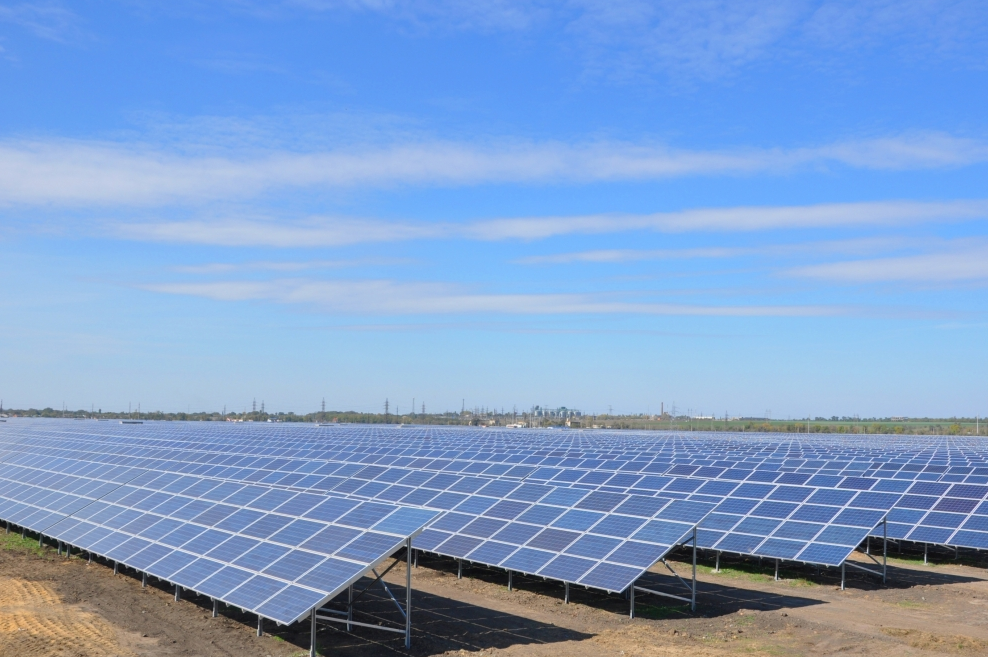Nigeria to source 50% energy from renewables
A new law passed by the Nigerian government will require electricity distribution companies to source 50 per cent of electricity from renewable sources.

A new law passed by the Nigerian government will require electricity distribution companies to source 50 per cent of electricity from renewable sources.
The law, titled Feed-in Tariff Regulations for Renewable Energy Sourced Electricity in Nigeria was recently introduced by the country’s Electricity Regulatory Commission.
The landmark regulation also mandates that 50 per cent of electricity must come from the Nigerian Bulk Electricity Trading Company.
The commission has also defined the projects which would be allowed to sell the ‘eligible’ renewable energy under this mandate.
Electricity procured from projects with capacity between 1 megawatts and 30 megawatts would be recognised as power from renewable energy. Renewable energy projects with over 30 megawatts capacity would have to fulfil some additional requirements.
A statement from the commission's Head of Public Communication, Dr. Usman Arabi, on Sunday in Abuja, explained that NERC envisaged that the country would generate at least 1000 megawatts of electricity from various renewable energy sources by 2018.
Chairman of the commission, Dr. Sam Amadi, noted that: "with this regulation, we have been able to unlock further investment potential in the country's power sector.
“Its major objective is to diversify our sources of electricity and take advantage of our options."
Investment in renewable energy is pouring into the African country.
Last year, the Nigerian Government received pledges from three companies to set up a total of 1 gigawatts of solar power capacity across the country.
SkyPower and FAS Energy have also signed a series of agreements to set up 3 gigawatts of solar power capacity in the country.
This capacity will be added through utility-scale projects and will be worth US $5 billion.




